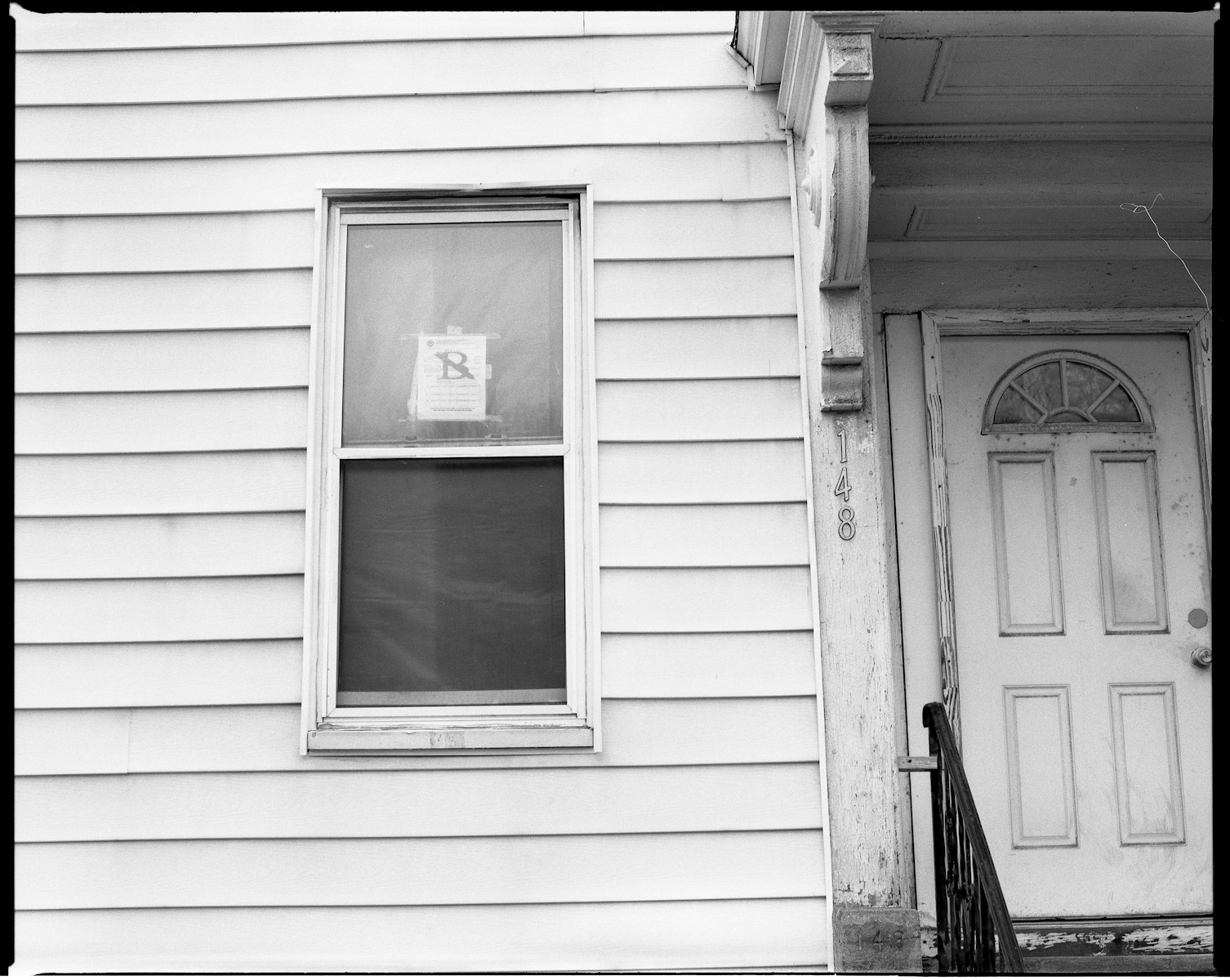In the tempest of financial turmoil, the specter of foreclosure looms as a formidable wave, threatening to wash away years of hard-earned equity and stability. Yet, amidst this storm, there are navigational strategies and legal lifelines that can guide homeowners to safer shores, potentially averting the loss of their most valuable asset. This article embarks on a detailed exploration of how to fight foreclosure, employing a blend of strategic foresight, legal acumen, and a touch of resilience.
Understand the Foreclosure Process
The first step in mounting a successful defense against foreclosure is to thoroughly understand the process. Foreclosure laws vary significantly from state to state, influencing the timeline and procedures that lenders must follow. Familiarizing yourself with your state’s specific foreclosure statutes can reveal critical opportunities for intervention and legal leverage points.
Communication with the Lender
Open lines of communication with your lender as soon as financial difficulties arise. Lenders may offer alternative options to foreclosure, such as loan modification, forbearance, or a repayment plan tailored to your current financial situation. Engaging in dialogue early can demonstrate your commitment to resolving the issue and may make your lender more amenable to working out a mutually beneficial arrangement.
Loan Modification and Refinancing
Seek information on loan modification programs, which can adjust the terms of your mortgage to make payments more manageable. This might involve extending the loan term, reducing the interest rate, or even forgiving a portion of the loan principal. Refinancing is another option, though it typically requires a certain level of creditworthiness and equity in your home.
Government Assistance Programs
Explore government programs designed to assist homeowners facing foreclosure. Programs like the Home Affordable Modification Program (HAMP) or the Home Affordable Refinance Program (HARP) have provided lifelines to many, although their availability may depend on the timing and specific circumstances of your situation.
Legal Defenses to Foreclosure
If negotiation or financial arrangements fail to halt the foreclosure, it may be time to consider legal defenses. These can vary widely, from challenging the lender’s right to foreclose due to procedural errors or violations of state foreclosure laws, to raising defenses related to the original loan’s terms and disclosures. A skilled foreclosure defense attorney, like Loan Lawyers’ Fort Lauderdale foreclosure defense lawyer, can provide invaluable assistance in identifying and pursuing viable legal strategies.
Bankruptcy: A Last Resort
Filing for bankruptcy can temporarily halt the foreclosure process, buying time to either renegotiate the mortgage terms or plan for a more orderly transition. Chapter 13 bankruptcy, in particular, may allow you to keep your home and restructure your debts, including your mortgage, into a manageable repayment plan. However, this route comes with significant financial and legal implications, making it a last resort after all other options have been exhausted.
Selling Your Home
If retaining your home is not feasible, selling it—either through a traditional sale or a short sale negotiated with your lender—can be a way to avoid foreclosure and its detrimental impact on your credit score. While not an ideal outcome, it can provide a fresh start and prevent the long-term consequences of having a foreclosure on your financial history.
Fighting foreclosure requires a multifaceted approach that combines financial reassessment, open communication with lenders, exploration of government and lender assistance programs, and, when necessary, strategic legal action. Each situation is unique, demanding a tailored strategy that considers the homeowner’s specific circumstances, goals, and the legal landscape. By taking proactive steps and seeking professional guidance, homeowners can navigate the complexities of foreclosure, exploring every avenue to find a resolution that best fits their long-term financial health and housing stability.


